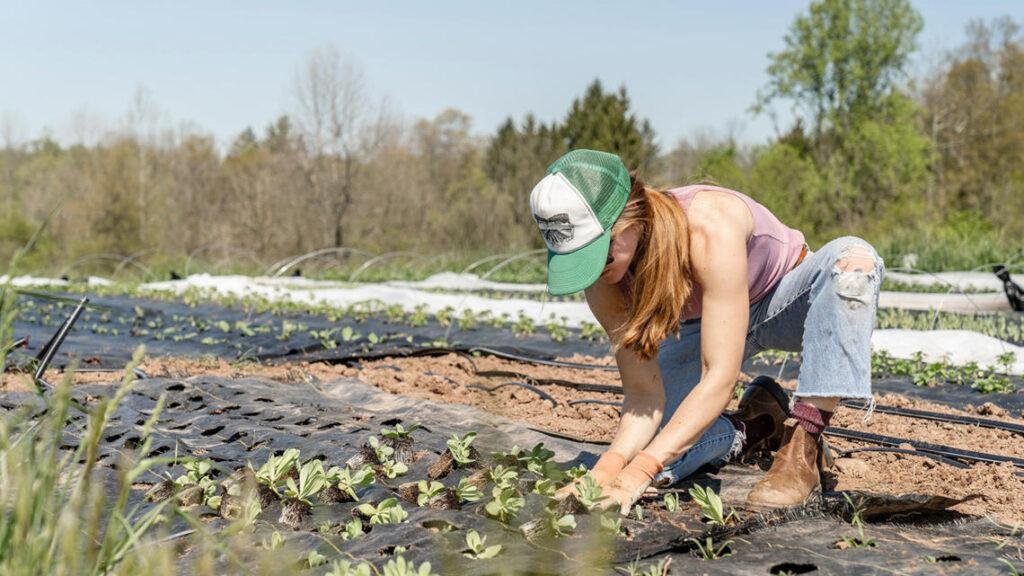Regenerative agriculture is an innovative and holistic approach to farming and land management that focuses on improving soil health, biodiversity, and ecosystem resilience.
Unlike conventional agricultural practices that often lead to soil degradation and environmental harm, regenerative agriculture aims to restore and rejuvenate the land while promoting sustainable food production.
One of the fundamental principles of regenerative agriculture is the emphasis on soil health. Healthy soil is the foundation of a thriving ecosystem and plays a vital role in nutrient cycling, water retention, and carbon sequestration.
Regenerative practices like cover cropping, crop rotation, and reduced tillage build soil organic matter, boost microbial diversity, and enhance soil structure, increasing resilience to extreme weather and erosion.

Regenerative agriculture also emphasizes the importance of biodiversity. By diversifying crops and integrating livestock, farmers can create a balanced ecosystem that supports beneficial insects, birds, and other wildlife.
Biodiversity enhances ecological resilience and reduces the need for synthetic pesticides and chemical inputs by naturally controlling pests and diseases.
Another key aspect of regenerative agriculture is the use of natural inputs and on-farm resources.
Regenerative farmers enrich soil and promote plant health, reducing reliance on synthetic fertilizers and pesticides.
This reduces the environmental impact of farming and contributes to a more closed-loop and sustainable system.
Furthermore, regenerative agriculture emphasizes the importance of integrated livestock management. Properly managed grazing can enhance soil health and plant growth while also providing a source of income for farmers.
Rotational grazing, moving livestock regularly, prevents overgrazing and soil compaction by letting pastures rest and recover.
In addition to its environmental benefits, regenerative agriculture also offers economic advantages. Farmers can enhance long-term profitability and resilience by reducing input costs and improving soil health.
Overall, regenerative agriculture represents a transformative approach to farming that goes beyond traditional practices.
It promotes sustainable food production and addresses critical environmental issues like soil degradation, biodiversity loss, and climate change.
As regenerative agriculture gains traction, there’s hope for a sustainable and resilient agricultural future and a healthier planet. 카지노사이트


